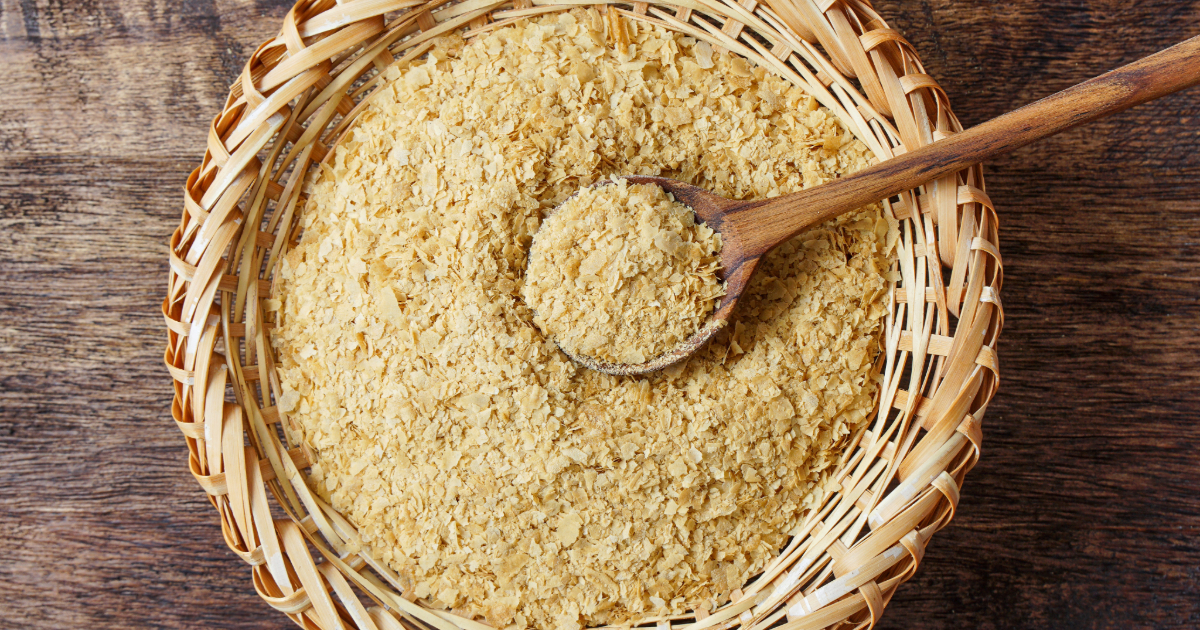Umami powder is a seasoning that adds a savory, meaty flavor to foods. The term "umami" comes from the Japanese words umai (delicious) and mi (taste). Umami is considered one of the five basic tastes, along with sweet, sour, salty and bitter.

Foods rich in umami impart a pleasant savory flavor that makes you crave more. Umami powder allows you to add this tantalizing taste to your cooking easily. It's an all-purpose seasoning that can enhance the flavor of vegetables, eggs, fish, meat and more.
Where Does the Umami Taste Come From?
The umami taste comes from glutamate, an amino acid that occurs naturally in many foods. High levels of glutamate are found in:
- Aged cheeses like parmesan
- Cured meats
- Mushrooms
- Seaweed
- Shellfish
- Soy sauce
- Tomatoes
- Nutritional yeast
When you cook with these ingredients, the glutamate is released and heightens the overall savory deliciousness of the dish.
Umami powder contains dried mushrooms and seasonings to provide an concentrated umami flavor. A dash of the powder makes soups, stews, dressings, dips and other foods pop with mouthwatering savoriness.
Umami Powder Ingredients
Umami powder recipes vary, but the main ingredient is typically dried mushrooms such as shiitake, porcini or morel. Dried mushrooms have very high levels of natural glutamates.
Other common umami powder ingredients include:
- Dried onion or garlic powder: Provides aromatic undertones
- Ground mustard or mustard powder: Adds tangy spice
- Salt and pepper: Enhance overall flavor
- Dried tomatoes: Contribute savory notes
- Nutritional yeast: Imparts cheese-like umami taste
- Kombu seaweed: Supplies glutamate
By blending mushrooms with complementary ingredients, umami powder perfectly balances the five tastes - sweet, salty, bitter, sour and savory.
Benefits of Umami Powder
Adding umami powder to your cooking has many advantages:
- Boosts flavor - A pinch of umami powder enhances overall taste and satisfaction.
- Reduces sodium - Umami powder lets you use less salt while maintaining flavor. This is beneficial for people on low-sodium diets.
- Adds depth - The rich savoriness rounds out lighter dishes like salads, grains and vegetables.
- Vegan/vegetarian - Umami powder provides meaty, savory notes to plant-based dishes. It's an ideal seasoning for veggie burgers, stews, etc.
- Gluten-free - Most umami powder recipes are naturally gluten-free.
- Allergen-friendly - Umami powder typically avoids common allergens like soy, dairy and nuts.
- Easy to use - Just sprinkle on finished dishes or add to dressings, marinades and rubs.
With all these perks, it's no wonder umami powder has become a popular item for home cooks and restaurants. A little goes a long way in amping up flavor.
How to Use Umami Powder
Umami powder is incredibly versatile. It can be used in main dishes, sides, soups and more:
Vegetables
Dust roasted veggies like:
- Brussels sprouts
- Broccoli
- Cauliflower
- Carrots
- Squash
- Sweet potatoes
Mix into veggie dips and salad dressings.
Eggs
Add to omelettes, frittatas or scrambled eggs.
Combine with mayo for flavorful egg salad.
Meat
Sprinkle on pork chops, ribs, roasts or burgers before cooking.
Rub onto steaks before grilling.
Blend into meatloaf or meatballs.
Seafood
Season fish fillets or shrimp before baking, sautéing or grilling.
Stir into seafood chowders and bisques.
Grains
Toss with roasted quinoa, farro or rice.
Stir into risotto or pilaf.
Soups and Stews
Whisk into brothy soups and chilis.
Add depth of flavor to bean or lentil stews.
Can You Make Your Own Umami Powder?
Absolutely! Making homemade umami powder is simple. Here is an easy recipe to try:
Ingredients:
- 1 ounce dried shiitake mushrooms
- 1/4 cup onion powder
- 2 Tbsp mustard powder
- 1 Tbsp kosher salt
- 1 tsp crushed red pepper flakes (optional)
- 1 tsp black pepper
- 1 tsp dried thyme (optional)
Instructions:
- Process the dried shiitakes in a blender or food processor until powdered.
- Add remaining ingredients and blend briefly to combine.
- Store in an airtight container.
Play around with the ingredients to create your own signature blend. Add a dash of the powder to enhance sauces, dressings, meats and more.
Key Takeaway: Making homemade umami powder is an easy way to create a customize seasoning.
FAQs
What does umami powder taste like?
Umami powder has an earthy, mushroom-like flavor with savory notes. The taste is meaty, rich and deeply satisfying.
How is umami powder different from MSG?
MSG (monosodium glutamate) is a single standalone ingredient. It's frequently used to add umami flavor. Umami powder contains natural ingredients like mushrooms, tomatoes and seaweed to provide umami taste.
What's the difference between mushroom powder and umami powder?
Mushroom powder is made from pure dried, ground mushrooms. Umami powder also includes dried mushrooms but is blended with other umami-rich ingredients to create a well-rounded savory seasoning.
Is umami powder spicy?
Umami powder recipes can be spicy depending on added ingredients like red pepper flakes. But most blends focus more on enhancing savory umami notes rather than heat level.
What foods pair well with umami powder?
Umami powder pairs nicely with eggs, shellfish, tomato sauces, bean dishes, lamb, steak, pork, chicken, fish, roasted vegetables, cheese, salad dressings and more.
Conclusion
Umami powder is an easy way to add deep, savory flavor to all kinds of dishes. This versatile seasoning can enhance soups, salads, meats, veggie sides and more.
With loads of glutamate from ingredients like dried mushrooms, umami powder makes food irresistibly delicious.

